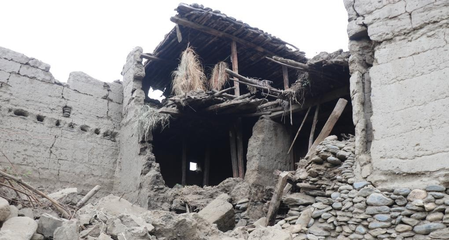Washington, D.C. has taken a stand against the Trump administration over the deployment of National Guard troops to the city. The district’s Attorney General, Brian Schwalb, announced that a lawsuit has been filed to stop what he calls an “unlawful” move by the federal government.
Schwalb explained on social media that the goal is to block the deployment because it violates the district’s local rules and freedoms. He emphasized that forcing military troops into D.C. amounts to an illegal military occupation that undermines the city’s autonomy and basic rights.
The lawsuit argues that sending the National Guard violates the Home Rule Act, which gives local governments the authority to govern their areas without unnecessary interference. This legal challenge comes less than a month after President Donald Trump signed an executive order on August 11, authorizing the deployment of the National Guard to D.C. to restore law and order.
Initially, about 800 troops were sent, and support from six Republican-led states has increased the total number of National Guard personnel in Washington to over 2,000. The move was meant to boost security, but critics say it harms local freedoms and the city’s economy. Schwalb pointed out that the military presence is hurting key sectors like restaurants, hotels, and tourism, which are vital for D.C.’s economy.
While critics oppose the troop deployment, supporters argue it has helped reduce violence. Data from the Washington, D.C., Metropolitan Police Department shows that homicides last year reached their lowest level since the COVID-19 pandemic began in 2020. Crime rates in 2024 are also significantly lower—homicide rates are down by 68% compared to the 1990s peak, with fewer murders per 100,000 residents.
However, murder rates are still higher than in 2012, when D.C. experienced one of its lowest homicide numbers in decades.
President Trump has also threatened to send National Guard troops to other cities, including Chicago, which he called a “hellhole” and “the murder capital of the world.” He hinted that similar deployments could happen in other parts of the country to curb violence.
This ongoing clash highlights the tension between federal efforts to restore order and local authorities’ rights to govern their own communities. The lawsuit underscores how legal and political debates continue over who should control the deployment of military forces in U.S. cities.



